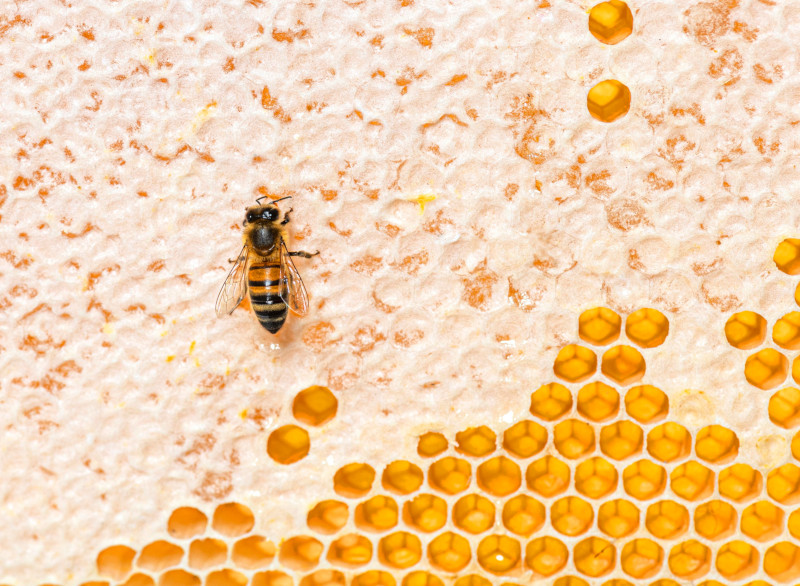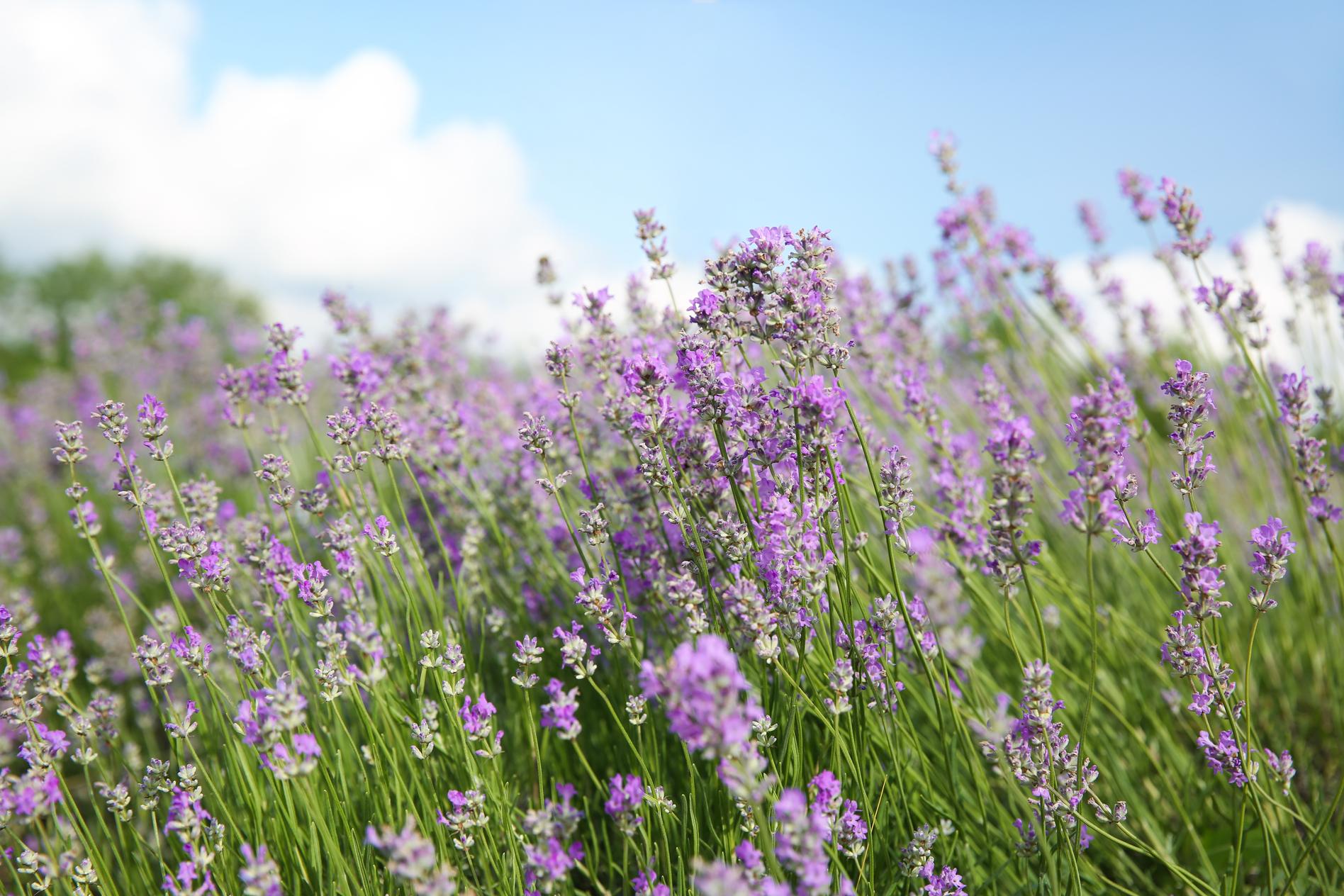
About us
An apple a day
Our vision for apples
Our vision for Cider Blossom Farm is to preserve and enjoy heirloom and cider apples through sustainable farming.
Door County is beautiful. The county has a long heritage of apples (and cherries, of course), which have an affinity for its unusual geology and soil. We’re glad to grow here!
We also keep bees — some in Door and some in Winnebago County. We’re fascinated that the honey from each apiary draws in local (and distinct) flavors. It’s all delicious.
We’ve planted apples common before Honeycrisp, Gala, and Red Delicious displaced many local varieties. Our favorites include Macoun and Wolf River. One you need to eat now, and the other is terrific in sauce (and saves a lot of time peeling because the apples are so big). But apple cider is making a strong comeback, so we also grow several foundational, and single-variety, cider varieties.
Door County also boasts good soil for lavender, and with all those flowers, we keep bees at our orchard year-round. We are serious about our pollinators’ health. We manage our orchard to keep you, them, and us around to enjoy honey, lavender, and apples.
A Very Hungry Caterpillar
Sustainable farming
We want farming — and our orchard — to sustain human and environmental health, to serve local communities with local crops, and to support the farmers who balance safety, crop health, and income.
Farming is a challenging balance between the weather, insects, and income. We care for the environment that sustains our trees, and we want to keep our trees healthy. That means we need to make scientifically and economically informed choices about handling insects and disease. We want to preserve, enjoy, and share our apples in a sustainable way.
We keep current with contemporary scientific strategies to monitor and control insects and disease at our orchard. These things include:
- Scouting for disease and insects before they become a threat to our crop;
- Using natural insect predators when possible; and
- Ensuring that any treatment we apply is the minimum necessary, and the least hazardous possible, to maintain our orchard’s health.
That’s good for the environment, good for the community, and good for business. It’s also good for our bees!
Given the tightrope that we walk, we use a strategy called “IPM” to provide quality produce and maintain a quality environment. (See here for more resources on the topic. ) This is different than “certified organic,” which is a regulatory term that limits the approaches that growers may use to maintain a healthy orchard. We carefully evaluate current strategies to care for our piece of good earth.
Watch our orchard grow
Around and about


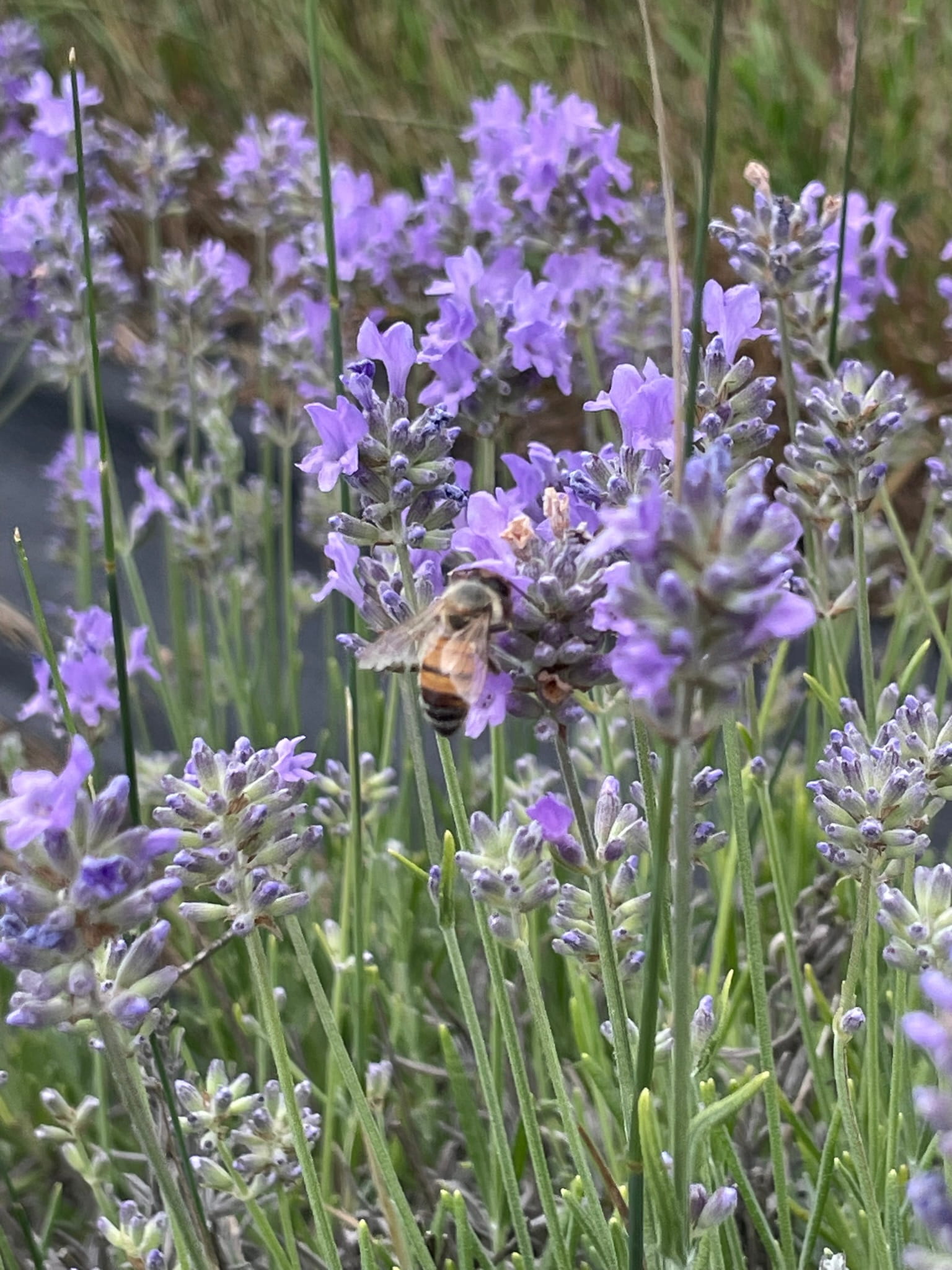
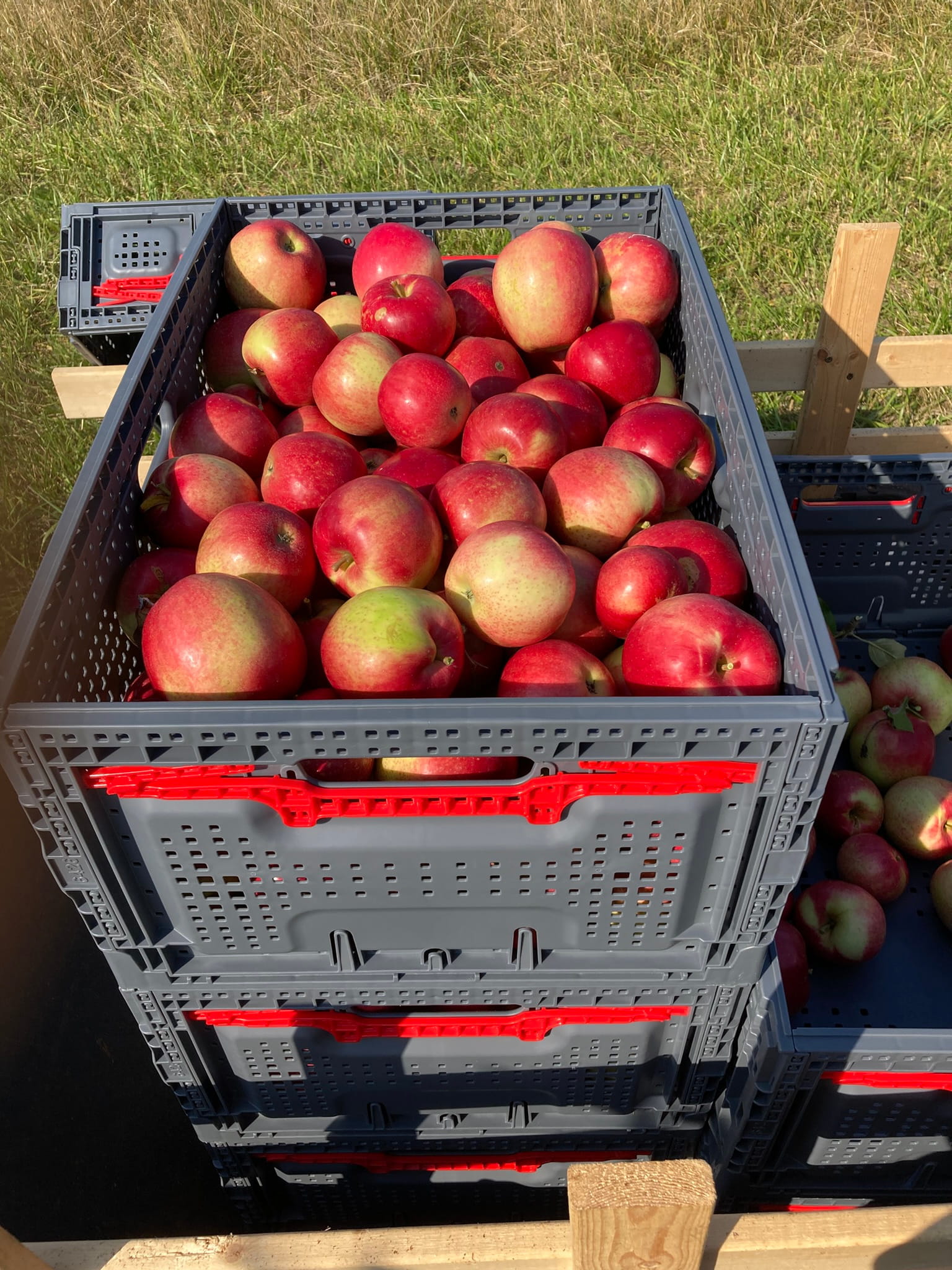
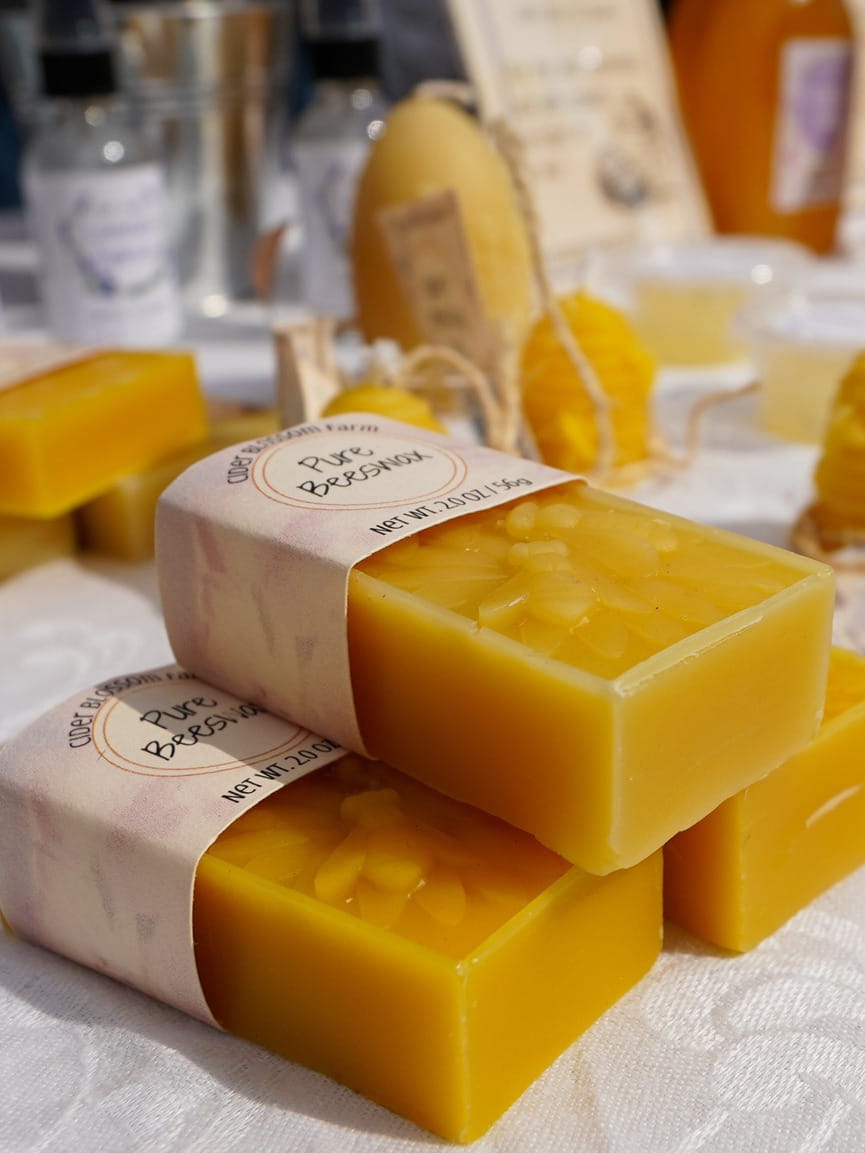
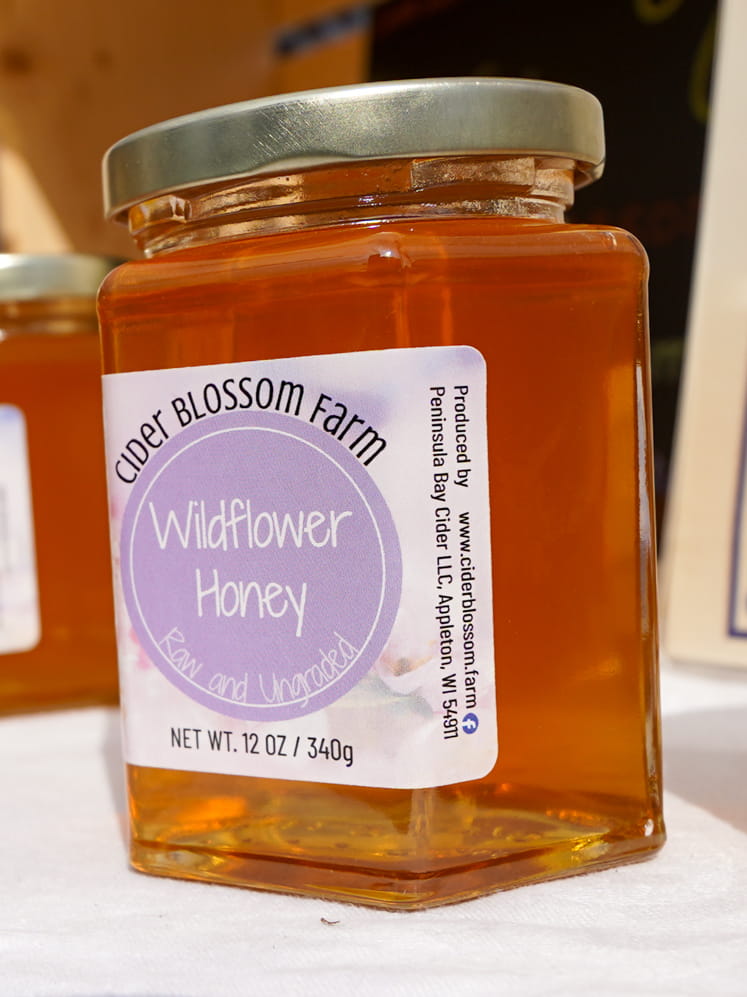
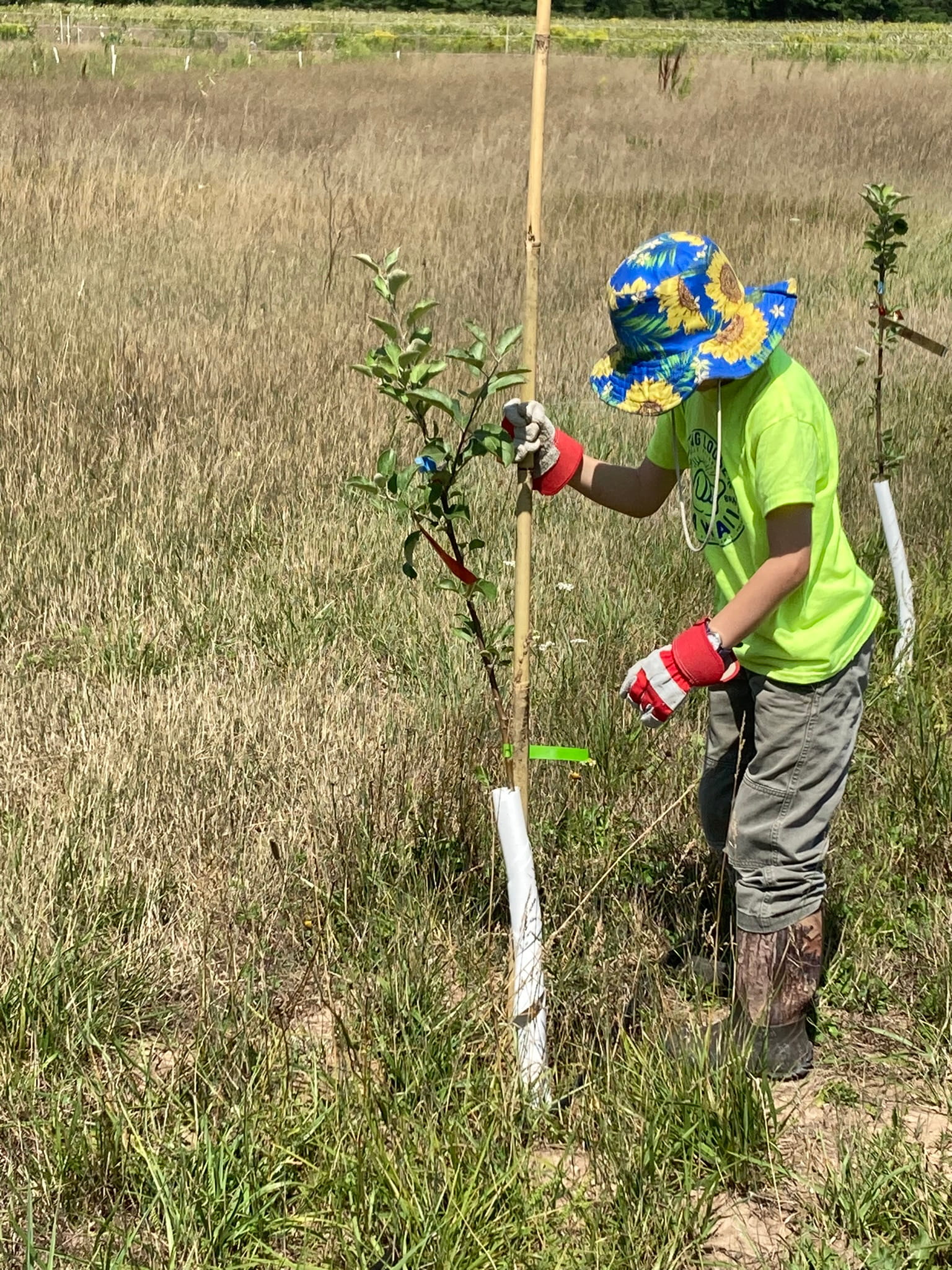
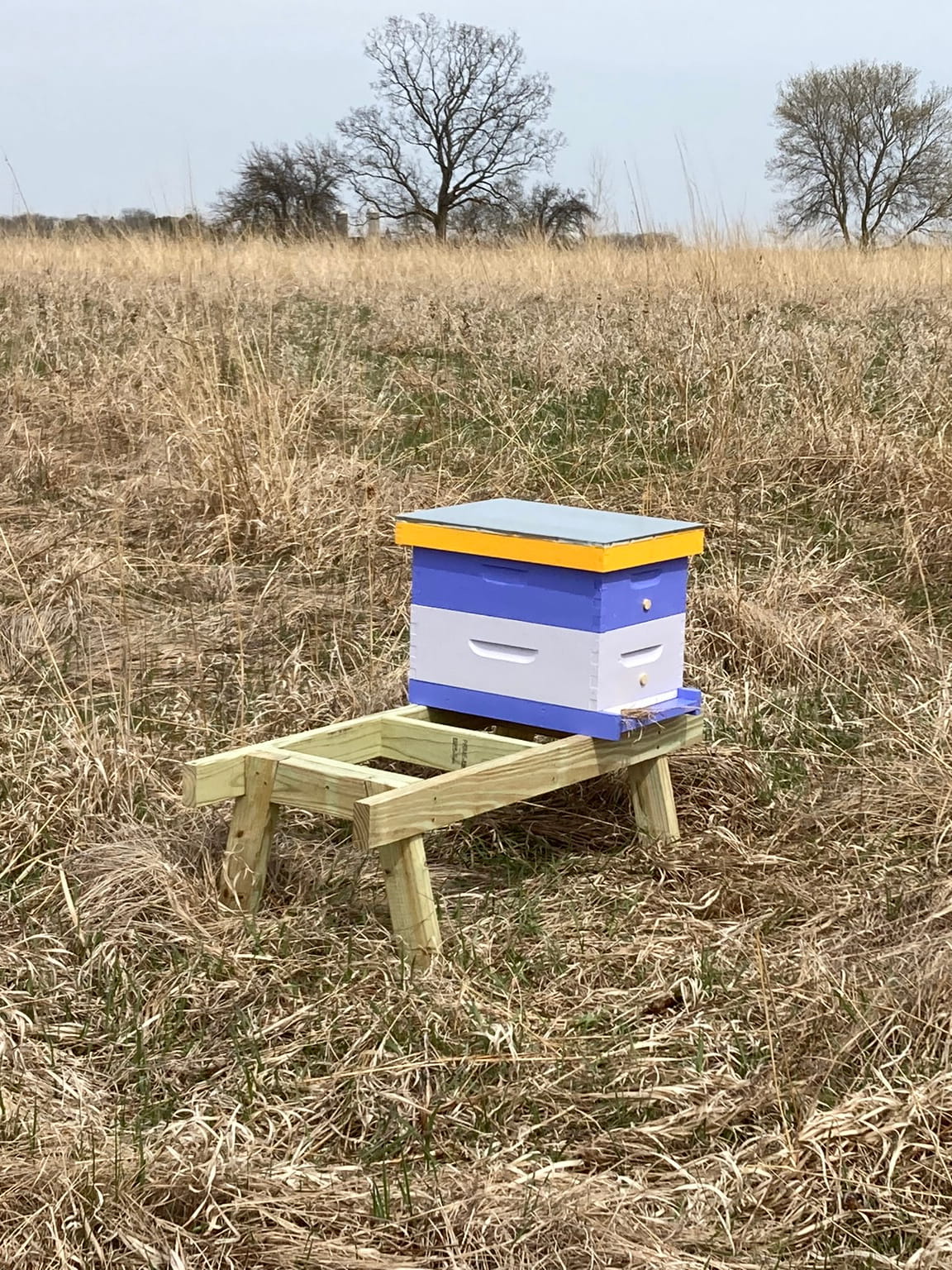

Member, American Beekeeping Federation • Member, Wisconsin Apple Growers Association
